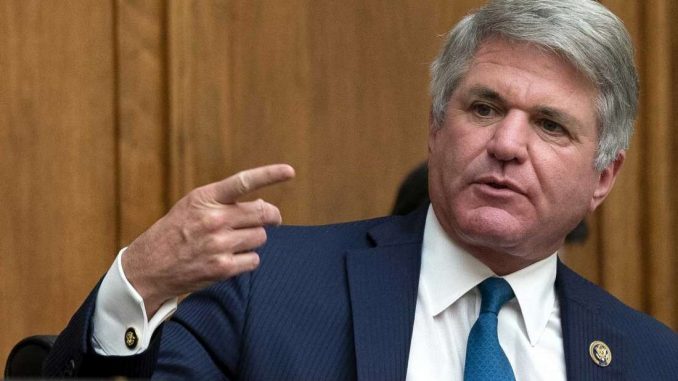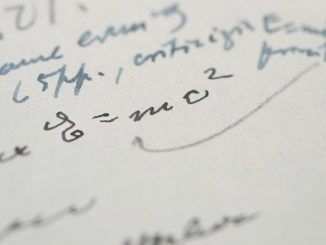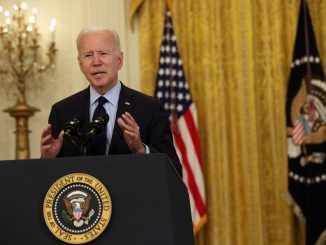

Rep. Michael McCaul, R-Texas, speaks during a House Committee on Foreign Affairs hearing on Capitol Hill in Washington. (Stefani Reynolds/Pool via AP)
OAN Newsroom
UPDATED 8:19 AM PT – Wednesday, June 30, 2021
Both sides of the lower chamber are coming together to limit presidential war powers. On Tuesday, representatives voted overwhelmingly on a package of bills, which includes revoking two war authorizations they believe are outdated.
One authorization of use of force (AUMF) was passed in 1991 and gave President George H.W. Bush the ability to send troops into Kuwait to stop Iraqi forces led by Saddam Hussein. It hasn’t been used since Operation Desert Storm more than 30 years ago, but remains in effect and can be used as precedent for other presidents.
“With the success of Operation Desert Storm, the Rocket Troops were expelled from Kuwait and combat operations concluded in early 1991 more than 30 years ago,” noted Rep. Michael McCaul (R-Texas). “The specific point of this law was accomplished, therefore there’s no reason to leave it on the books.”
The second AUMF was authorized in 1957 during the Cold War and aimed to take-on possible communist aggression in the Middle East. This provision has not been used since its inception. However, critics warn it bears wide and vague implications that could be abused by future administrations.
“The 1957 AUMF is a relic of the Cold War, it is outdated and obsolete,” stated Rep. Gregory Meeks (D-N.Y.). “We as members of Congress have been granted the responsibility of making decisions on matters of war and peace by the Constitution; a responsibility none of us takes lightly.”
This effort came after Biden ordered a series of airstrikes in Syria on Sunday while claiming they targeted weapon storage facilities used by Iran-backed militants. Biden defended his actions by saying militants have been using weapons from the four facilities to launch attacks on U.S. forces in April and May. He added, the airstrikes were ordered to protect “American” personnel.
However, lawmakers in both chambers of Congress took aim at the fact that Biden sidestepped Congress when deciding the action. They are arguing that his actions also sidestep the U.S. Constitution. While critics of the House’s actions argue revoking the AUMF’s don’t have an immediate effect on presidential war powers, proponents believe it will put the White House in check and compel officials to confer with Congress on matters of international conflict.
In the meantime, the package of bills is going to the upper chamber, where senators are looking into ways they too can limit any possible abuses from Biden. Analysts speculate this could lead to a more controversial battle over presidential war powers focusing on the AUMF authorized after the 9/11 attacks.






Be the first to comment